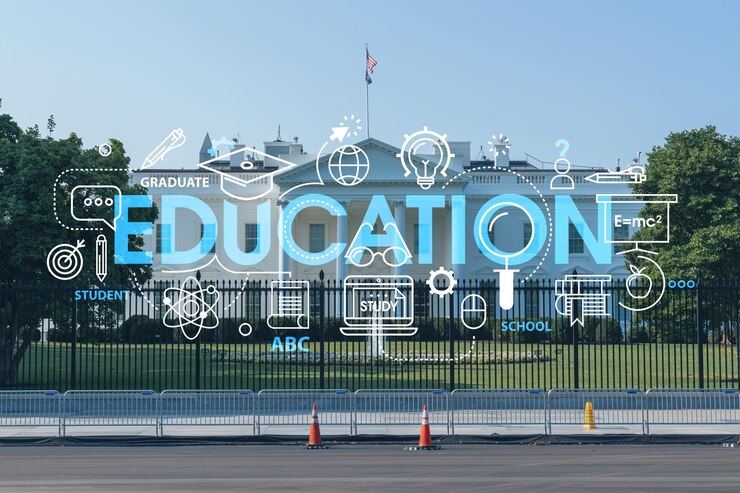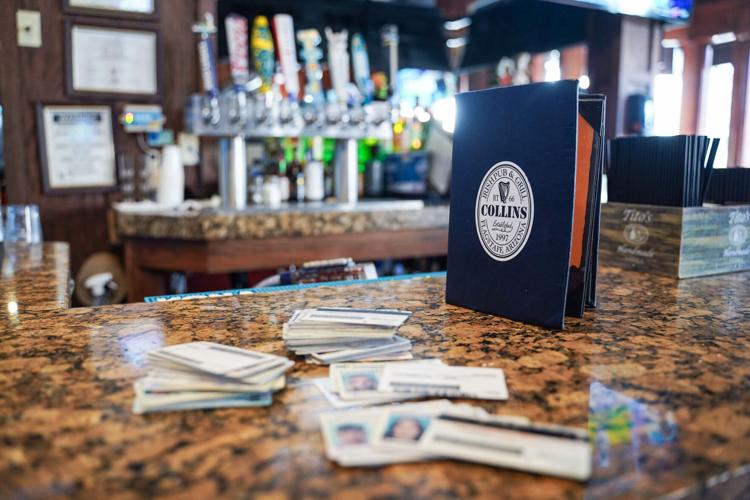Is University the Final Destination for Education?

In our blog, we’re asking a big question: Is University really the end of learning? It used to be, but things are changing. Nowadays, there are many ways to keep learning even after university. We’ll look at why this idea is changing and what new opportunities are out there.
First, let’s talk about why people used to think university was the final step. It’s because universities were seen as the best place to learn, and getting a degree meant you were done with formal education. But now, we have other options. Things like vocational training and online courses are becoming more popular. They’re easier to access and can teach you practical skills that universities might not cover. Plus, the world is changing fast. Technology is always advancing, so we need to keep learning to keep up. That means learning new skills even after we finish university.
However, if you are searching for somebody to Marketing dissertation topics then our professionals are ready to help you regardless of the subject you feel unable to do it.
Is University the Final Destination for Education?
No, university is not the last stage of education. After university, students can pursue further education, practices, and courses to enhance their skills and knowledge:
- Graduate programs: you can enroll for master’s and doctoral degrees.
- Vocational courses: Technical and vocational training programs for specific careers.
- Professional certifications: Credentials in fields like accounting, project management, and IT.
- Workshops and seminars: Short-term programs to gain practical skills.
- Online courses: Platforms offering diverse subjects and certifications.
- Internships and apprenticeships: learning the actual knowledge in the field you completed university.
- continuous learning: Attending conferences, reading journals, and staying updated in their field.
Education is a lifelong journey beyond the university level.
Between Higher and Further Education?
The key distinctions between higher and further education lie in their focus and outcomes. Further education typically offers a more flexible approach, allowing individuals to choose courses aligned with their interests and learn desired skills. It’s often a preparatory stage for employment or higher education, characterized by a less intense atmosphere.
However, on the other wall, higher education is all about getting ready for your dream job. It’s like a school but with a focus on what you want to do for work. You learn a lot of important stuff that’s directly related to the job you want. It’s like specialized training for different careers.
Further education generally builds upon secondary education, offering practical skills training at a level higher than secondary school but below higher education. Higher education, meanwhile, emphasizes theoretical learning and typically results in a degree after a 3 to 4-year program.
While both pathways can lead to employment, higher education graduates often secure positions with higher salaries compared Feminism dissertation topics to those with further education qualifications. Additionally, further education can serve as a stepping stone to higher education, similar to how A-Levels often pave the way for university admission.
Further or Higher Education: What Should You Choose?
So now you have a good idea about what further and higher education are. You also know the key differences between the two. You might be thinking about what you should do next. These days, you have to be in school or learning something until you’re 18, by law. This means that even after you have finished secondary school, you will need to take some form of further education. This could be in the form of A-Levels. It could also be an apprenticeship or a host of other options. Make sure you check out other articles for more information on making this choice on the Think Student website.
Some people do further education, such as A Levels, with the aim of getting into higher education. If this, is you, and you have a desire to go to university, then you probably also have a decent idea about what career path you want to pursue. If this is the case, then Uni and higher education could be the right option for you. Especially if you are trying to get into a competitive field of work. Going to university will prepare you specifically for work in the field through study-based learning. It will also get you a degree at the end, which will greatly help you get work.
However, for some people who wish to do something based on agriculture or an arts-based job, there may be options in further education that are better suited to them. For example, there are colleges that specifically focus on agriculture, as well as arts subjects such as art or drama.
Furthermore, if you are searching for somebody to google scholar research topics then our professional team has already helped millions of students by working on their projects. So take assistance today to seize higher grades in your academics.
Conclusion:
The university is one of the pivotal stages of students’ lives, but after completing that what is the next stage to adopt? Is it the last stage? No, there are many steps you can take for further education, that’s what we have incorporated in this blog.




